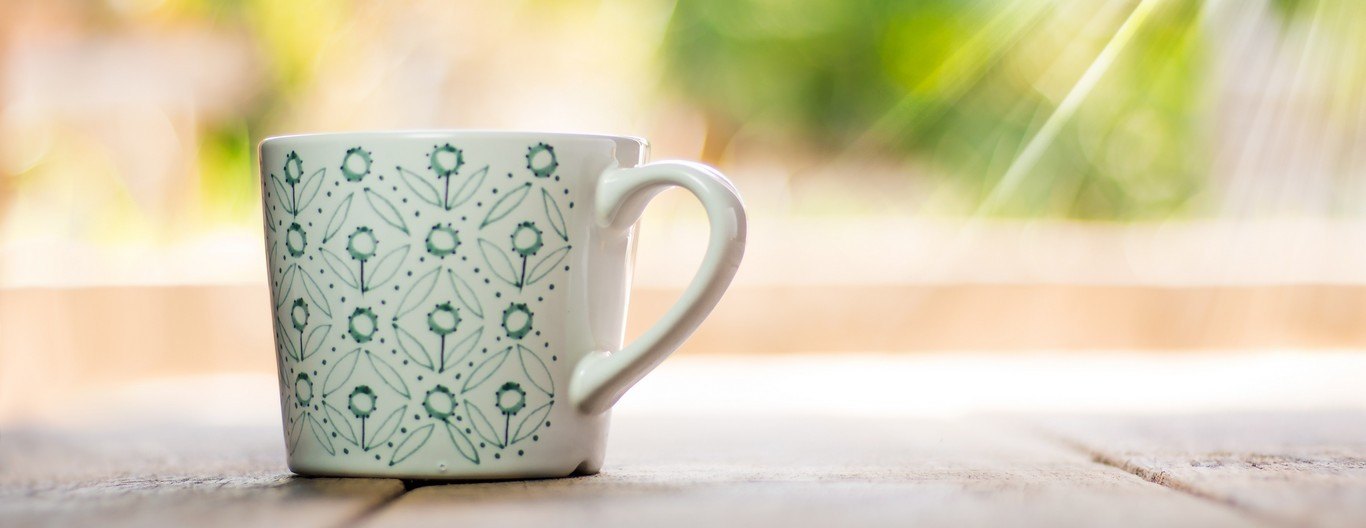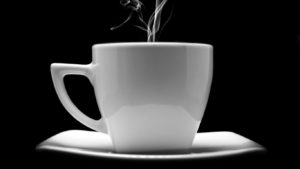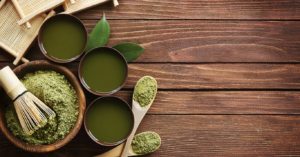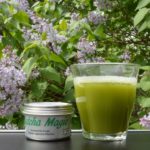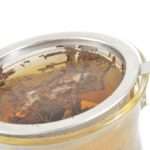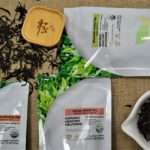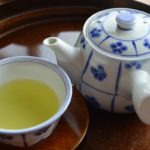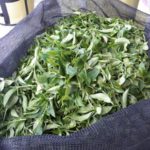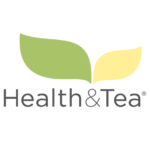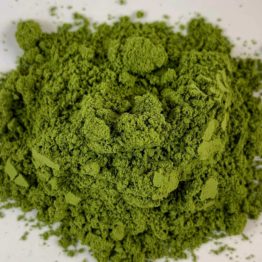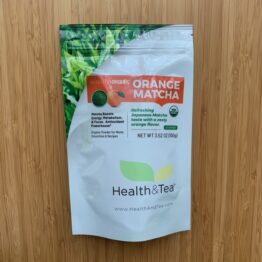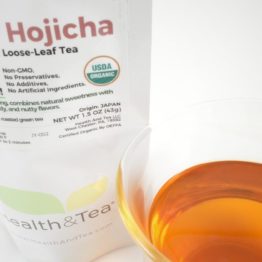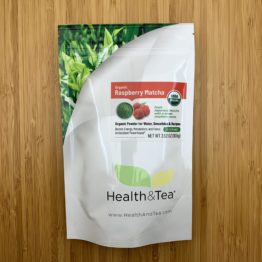Tea Caffeine & Caffeine
Caffeine is a natural chemical found in such items as tea leaves and coffee beans. Caffeine research receives intensive attention from scientists and food/beverage industries.
Research on Caffeine
In a report of the safety of dietary caffeine in 1981, the American Medical Association Council on Science suggested that “moderate tea or coffee drinkers probably need have no concern for their health relative to their caffeine consumption provided other lifestyle habits (diet, alcohol consumption) are moderate, as well.” [1]
Moreover, the Harvard School of Public Health (HSPH) suggests that moderate caffeine consumption may have some beneficial health effects, as found in some scientific studies [2], including potential effects against type 2 diabetes [3], reduced risk of coronary heart disease [4], etc. According to the HSPH’s healthy beverage guidelines, up to three or four cups of coffee or tea per day appear to be fine for healthy adults [5].
Similarly, in 2008, the International Food Information Council Foundation (IFIC Foundation) provided a comprehensive update on the research on caffeine and health in a report titled “Caffeine & Health: Clarifying the Controversies.” The IFIC suggests in the report, “For the healthy adult population, moderate caffeine consumption of 300 mg per day is safe and can even have beneficial health implications as a part of a healthful diet and physically active lifestyle” [6]. The report discussed the potential benefits of moderate caffeine consumption on mental and physical performance, and its potential to reduce risks of Diabetes, Parkinson’s, and other diseases. In particular, both IFIC [6] and HSPH [7] resources point out that pregnant women, children, older individuals, and people with a history of heart disease should be careful with their caffeine intake and consult with a doctor.
Caffeine and Tea
All teas contain caffeine unless they are intentionally decaffeinated during processing. According to the USDA National Nutrient Database (2010, Release 23), a cup of black tea contains about half as much caffeine as a cup of coffee (47mg caffeine in tea vs. 95mg in coffee per 8oz cup) [8]. The HSPH’s caffeine comparison [9] determined that the caffeine amount in three cups of generic brewed coffee equals the caffeine amount in seven cups of tea. Click here to see more caffeine comparisons from Harvard School of Public Health.
Black tea generally has more caffeine than teas that are less or non-oxidized. Thus, green, white, and oolong teas have less caffeine than black tea. Additionally, caffeine content may vary based on brewing time, the amount of tea, and whether the tea is loose or in tea bags, etc. [10]. The longer the steeping time and the more amount of loose tea leaves, the more caffeine in tea.
Health&Tea — Caffeine Level of our Teas
It is not possible to estimate the caffeine content of a tea based on its type. For example, it is a common belief that black teas have more caffeine than green teas. Sometimes, it might not be true. Our lab analysis shows that Choco Black Tea has less caffeine than Spring Breeze Green Tea.
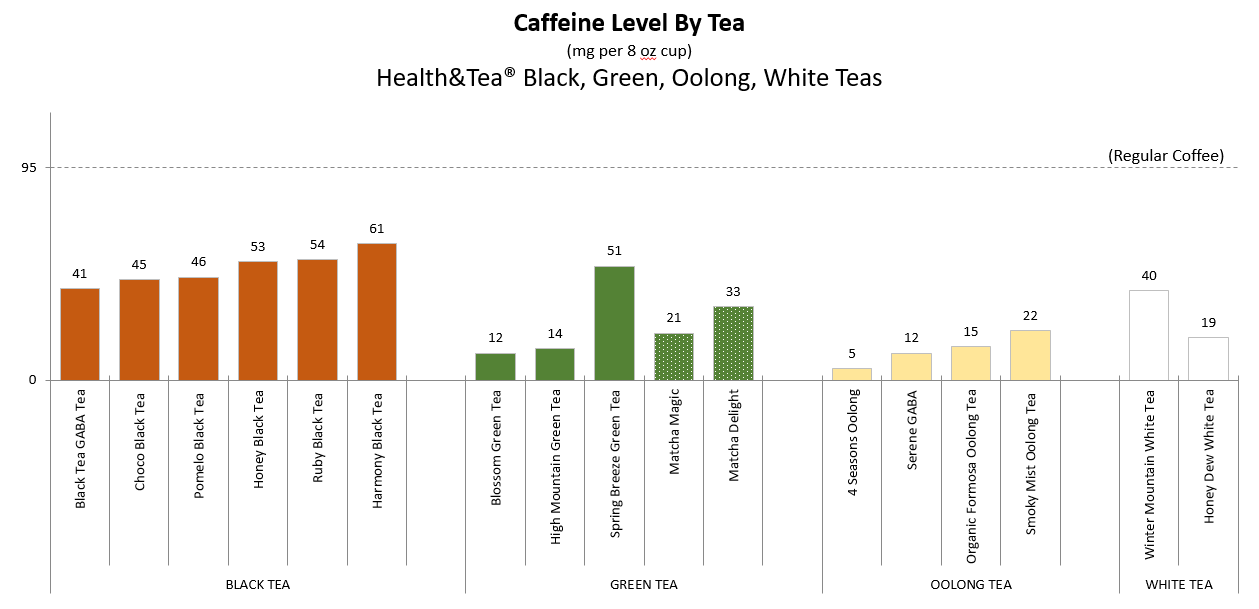
Milligram of caffeine per 8 fl. oz cup brewed with 2.5 grams of tea. Analysis conducted by a third party independent lab.
Looking for a low caffeine tea?
Our lowest caffeinated tea is Four Seasons Oolong Tea. It is organic and has only 5 mg of caffeine per cup. Like the tea is not decaffeinated it is packed with its natural antioxidants. Click on this link Four Seasons Oolong Tea.
Looking for a high caffeine tea?
Check our Honey Black Tea. This black tea is very smooth. It combines natural sweetness and a generous 53 mg of caffeine per cup. Click on this link Honey Black Tea.
More Research
Linus Pauling Institute summarized the caffeine content from several tea studies and offers general information about caffeine content, as shown in the table below [10]. It further notes that the caffeine content of oolong teas is comparable to green teas [11]. White teas are often grouped together with green, though some white teas might have slightly higher caffeine levels because their young tea leaves and buds have higher caffeine content [12].
Summarized by Linus Pauling Institute, Oregon State University
Reference:
- Caffeine Labeling, Council on Scientific Affairs, Division of Personal and Public Health Policy, American Medical Association, JAMA. 1984;252(6):803-806, [Excerpt]
- Coffee: The Good News, Harvard School of Public Health, http://www.hsph.harvard.edu/multimedia/flash/2010/coffee/benefits.html(May 2011).
- Huxley, R., Lee, C.M., Barzi, F., Timmermeister, L., Czernichow, S., Perkovic, V., Grobbee, D.E., Batty, D., Woodward, M., 2009, Coffee, decaffeinated coffee, and tea consumption in relation to incident type 2 diabetes mellitus: a systematic review with meta-analysis, Arch Intern Med.2009 Dec 14;169(22):2053-63, [Abstract]
- de Koning Gans JM, Uiterwaal CS, van der Schouw YT, Boer JM, Grobbee DE, Verschuren WM, Beulens JW., “Tea and coffee consumption and cardiovascular morbidity and mortality,” Arterioscler Thromb Vasc Biol. 2010 Aug;30(8):1665-71, [Abstract]
- Healthy Beverage Guidelines, Harvard School of Public Health, http://www.hsph.harvard.edu/nutritionsource/healthy-drinks/healthy-drinks-full-story/, (May 2011)
- IFIC Review, Caffeine and Health: Clarifying The Controversies, 2008, [Pdf], (May 2011)
- Van Dam, R., The Nutrition Source, Ask the Expert: Coffee and Health, http://www.hsph.harvard.edu/nutritionsource/questions/coffee/(May 2011)
- USDA National Nutrient Database for Standard Reference, Release 23. 2010, http://www.nal.usda.gov/fnic/foodcomp/search/(May 2011).
- Caffeine Comparisons, Harvard School of Public Health, [Link] (May 2011).
- Tea Summary, Micronutrient Research for Optimum Health, Linus Pauling Institue, Oregon State University, http://lpi.oregonstate.edu/infocenter/phytochemicals/tea/ (May 2011).
- Lin JK, Lin CL, Liang YC, Lin-Shiau SY, Juan IM. Survey of catechins, gallic acid, and methylxanthines in green, oolong, pu-erh, and black teas. J Agric Food Chem. 1998;46(9):3635-3642. [Abstract]
- Santana-Rios, G., Orner, G.A., Amantana, A., Provost, C., Wu, S.Y., Dashwood RH. Potent antimutagenic activity of white tea in comparison with green tea in the Salmonella assay. Mutat Res. 2001;495(1-2):61-74. [Abstract]
